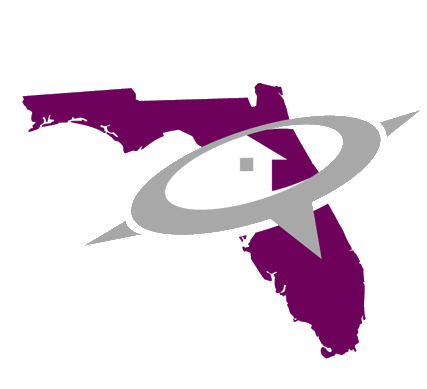When buying a home, you may have a lot of mixed emotions. Excited to be moving on to this new phase in your life, but also maybe overwhelmed, especially when you start hearing all these foreign real estate terms. If you are in this boat, or you just want to be prepared for when this is you, here are the top 6 real estate terms to learn if you ever plan on buying a home.
Fixed-rate mortgage
A fixed-rate mortgage is a loan for a home with an interest that doesn’t change. This is great as you know exactly how much your loan will cost you. The most common one is for 30 years, although 15-year mortgages are available.
There are multiple types of fixed-rate mortgages. Conventional mortgages are the most popular. They have decent interest rates and require a 20% down payment.
FHA loans only require 3.5% down. This is great for buyers who are having a hard time coming up with a downpayment. FHA mortgages are also more lenient with credit scores. They usually require private mortgage insurance (PMI), which can get expensive.
VA loans possibly require no money down. However, they’re only for people connected to the military.
Adjustable-rate mortgage (ARM)
An adjustable-rate mortgage is a loan for a home with an interest rate that changes. The initial period is fixed but afterward, it resets on a monthly or annual basis.
Usually, an ARM has two numbers in its description. The first number is how long the fixed rate is applied to the loan. The second number is how often the rate adjusts every year. For example, a 5/1 loan has a fixed interest rate for five years initially and then changes annually.
When the interest rate varies, it’s tied to an index, often the London Interbank Offered Rate (LIBOR).
ARM mortgages are great if you’re just planning on owning the house for a short period. But they can be risky if interest rates skyrocket.
Private mortgage insurance (PMI)
An extra monthly fee that is tacked onto your mortgage bill. It protects the lender in case you stop making payment on the loan. You typically have to pay PMI when you make a down payment of less than 20%. Although costly, it allows you to get a mortgage you normally couldn’t.
Escrow
When money is held by a neutral third party until both parties have fulfilled their contractual requirements. Escrow is used in the period before closing.
Contingency
This could be for a buyer or seller. It’s a clause in a contract that states that parts or the entire contract can be changed or voided by a specific event. These are very common in real estate and are used by buyers and sellers to protect themselves.
Common contingencies include
- Home inspection. The vast majority of buyers will want a professional home inspector to look at the property and evaluate it for issues.
- Buyer securing financing. After all, if there’s no loan, there’s no money to make a deal happen
Closing costs
To a novice, these can be an unpleasant surprise. They are paid at the close of escrow when the property is transferred and are roughly 2-5 percent of the purchase price. Typically the buyer picks up the tab.
Closing costs include the appraisal fee, attorney fees, the loan origination fee, and discount points.
Real estate has its industry terminology. It is best to familiarize yourself if you’re thinking about buying or selling a property.


